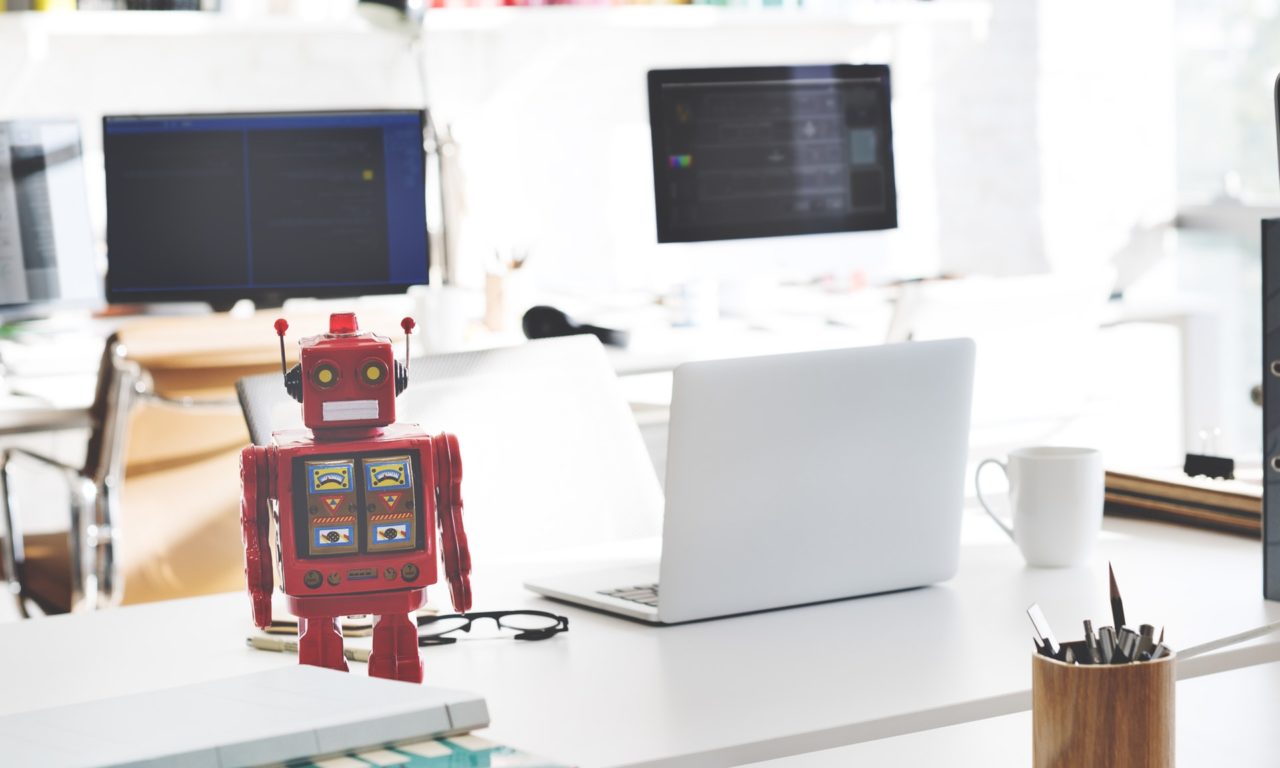One of the most time freeing things you can do for yourself is automate your repetitive, low-skill and mundane tasks.
For both your business life and your personal life, automation has the potential to set you free.
Automate social posts. Automate your chores with a robotic vacuum. Yard work, testing our code, brewing our coffee, our finances and our ad targeting. All of these things can be automated, freeing up a bunch of your time.
This has taken some jobs away from some people, but no one has really seemed to mind since they’re “just repetitive tasks” that most people don’t really need to do.
AI will do more on all fronts. Much more.
Many jobs will be lost in the name of freeing humanity from the chains of time based labor, and it won’t just be entry-level, manual “grunt” work.
Driving, legal work, medical diagnostics and surgery aren’t low-level work. For the most part, they’re top-tier, expert level tasks that can only be done by true professionals. They require years of special training for a person to master.
But not AI.
AI can learn and, in most cases, out perform humans on these once “safe from computers” jobs. But is that necessarily bad?
Will that set us, as a species, free to do more than the mundane? To offload our collective talent and skills into machines that can take it to the next level?
It seems like a good thing on the surface…
We can create more. Be more. Do more, live more and experience more. Enjoy leisure while still advancing our species. Still dreaming of the way the future should be and working toward implementing it, only we can be faster and accomplish more with some of our most time consuming and detail-oriented tasks out of the picture.
The problem lies in the economics of it all.
Is transferring our talents to AI going to be an economic slump, or a boon? Tons of industries will be moved to machines, but is it the same as the industrial revolution? Or the computer revolution? Or when factories replaced humans with robots?
All of that created more jobs in an area we didn’t have at the time, which lead to lower costs of production and higher pay in some areas. Plus, it pushed our progress as a species forward.
Is AI any different?
This coming economic darwinism a natural form of human evolution, and it can’t be stopped. Pandora’s box has been opened, and we don’t have it in us to go back. For better or worse, this is happening and we’re going to have to start planning for a future in which we have a lot more free time on our hands.
AI has the ability to free us from the bonds of the traditional work/life balance that we’ve cooked up for ourselves during the industrial revolution.
Yes: Jobs will be lost. It’s up to us to either create new ones, or change what we value (and therefor, what we exchange our value for.) The price we’re paying is more free time, of which we are still painfully limited of.
Are we going to waste it? Or, are we going to find new industries to build? New challenges to tackle? New problems to solve?
I don’t think we have it in us to just “sit back and relax.” As a species, it’s just not who we are.
AI will come, and it will free us from the post-industrial working norms. What lies ahead is the same thing that always lies ahead: More learning, and more problems solved in the great unknown that is the future.
Discover How We Help Startups Scale To 100,000 Users And Beyond.
Enter your info below, and we’ll send you a complimentary white paper that shows you exactly what you need to do to scale your startup.


